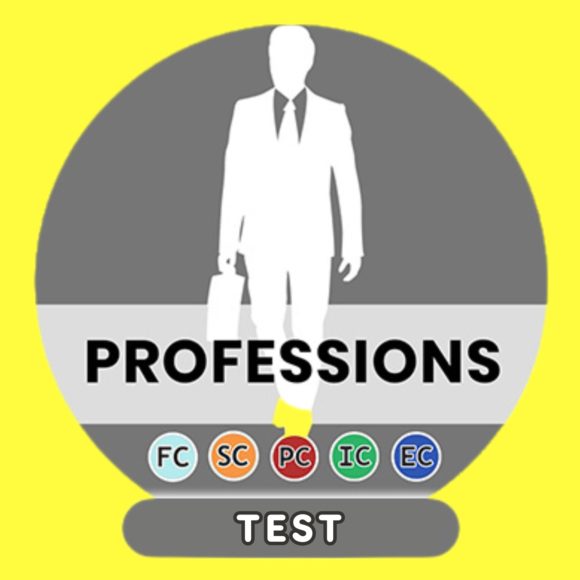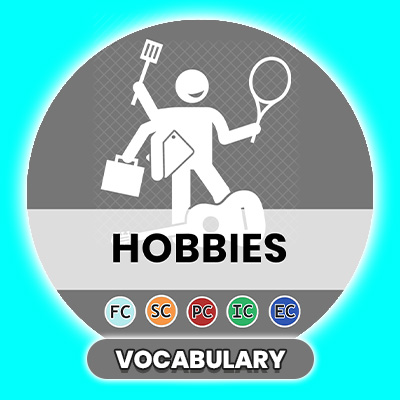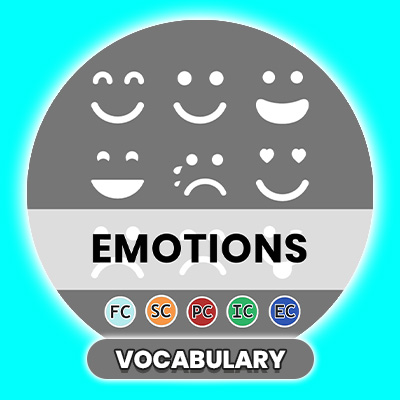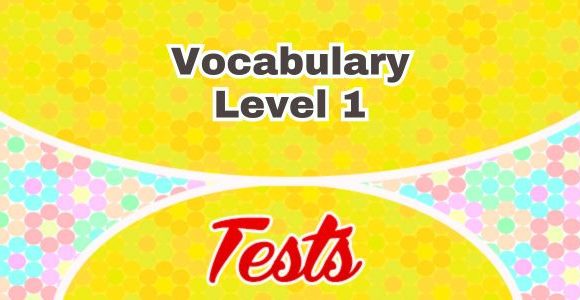Professions Spanish Test Tests are important to learn a new language because they help you practice and test yourself. Take professions Spanish Test as many times as you need to and keep practicing. Enjoy! In this post, you will have a test with 4 types of questions. At the end, you can check your answers...
Author: Maya Evia (Maya Evia)
Los pasatiempos-The Hobbies
Los pasatiempos-The Hobbies In this post “Los pasatiempos-The Hobbies” you will learn and practice vocabularies about our hobbies in Spanish separated into groups of activities that are: Actividades físicas, actividades al aire libre, actividades de relajación, actividades en casa, actividades musicales, actividades para niños. Spanish dictations are a great way to improve your listening skills...
Masculine and feminine Spanish test
Masculine and feminine Spanish test Tests are important to learn a new language because they help you practice and test yourself. Take “Masculine and feminine Spanish Test” in order to practice Spanish masculine and feminine nouns. Before taking the Masculine or feminine test, we suggest that you learn and practice when a noun is masculine...
Venir (Futuro simple)
Venir (Futuro simple) Learn and practice Spanish with this conjugaison Venir (Futuro simple)”:The verb “To come” is conjugated this way in Futur simple Tense:Yo vendré, tú vendrás, él vendrá, ella vendrá, nosotros vendremos, ustedes vendrán, ellos vendrán, ellas vendrán Practice this verbs in Futur Simple using Quizlet: Do you want to learn more Spanish...
¿Cómo estás?
¿Cómo estás? ¿Cómo estás? means How are you?. This is the first thing that you’re going to ask someone when you meet him or her for the first time right? Learn and practice the pronunciation of this question here: Spanish question: Spanish English ¿Cómo estás? (Familiar form) How are you? ¿Cómo está? (Formal form) How...
La doctora y el policía
La doctora y el policía Practice your Spanish Vocabulary with the short conversation: La doctora y el policía (The doctor and the policeman). This little conversation will help you to practice Spanish conversations in a friendly setting. Spanish English Prita : Buenos días, soy Prita, encantada de conocerte. ¿Cuál es tu nombre? Prita : Good...
Notar vs Darse Cuenta-WhyNotSpanish
Notar vs Darse Cuenta-WhyNotSpanish In this post, “Notar vs Darse Cuenta-WhyNotSpanish”, María shows you the difference between “notar” and “darse cuenta” words that are used very often in Spanish. You will learn very useful vocabulary and expressions about objects, clothes, etc. in Spanish. This video will help you improve your vocabulary in Spanish. Enjoy! WhyNotSpanish...
Venir (Pretérito)
Venir (Pretérito) Learn and practice Spanish with this conjugaison “Venir (Pretérito)”: The verb “To come” is conjugated this way in Preterite Tense: Yo vine, tú viniste, él vino, ella vino, nosotros vinimos, ustedes vinieron, ellos vinieron, ellas vinieron. Practice this verbs Pretérito using Quizlet: Do you want to learn more Spanish Conjugations? Click on the...
Emociones positivas y negativas-Positive and negative emotions
Emociones positivas y negativas-Positive and negative emotions In this post “Emociones positivas y negativas-Positive and negative emotions” you will learn and practice Spanish vocabulary about the emotions. Positive emotions like alegría, amor y esperanza and negative emotions like tristeza, ira, etc. Enjoy this vocabulary! Vocabulary:Positive and negative emotions Spanish English Positive emotions Emociones positivas affection ...
Vocabulary Level 1 Spanish Test
Vocabulary Level 1 Spanish Test Tests are an important tool to learn a new language because they help you practice and test yourself. Take Vocabulary Level 1 Spanish Test in order to see how is you Spanish vocabulary level. Before taking this test, we suggest you to practice Spanish Vocabulary Level 1. Once you have...







